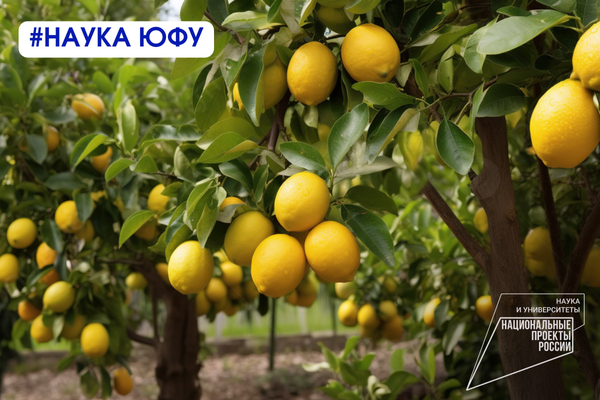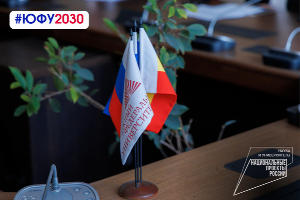
The technology for producing silver nanoparticles from citron juice was proposed by scientists of the Academy of Biology and Biotechnology of the Southern Federal University as part of an international team. In their opinion, the obtained particles with antibacterial properties can help protect crops around the world from pests and pathogenic microbes.
The need for rapid, mass and inexpensive production of substances capable of protecting agricultural crops from insect pests and pathogenic microorganisms is one of the most important tasks for humanity. At the same time, society is aimed at "greening" such technologies, and many farmers refuse pesticides and fungicides that are toxic to people and the environment.
Scientists from the Southern Federal University with colleagues from other Russian universities, as well as from China, India and Poland, have developed a method for producing nanosilver with antimicrobial action from citron juice.

"The use of nanomaterials can increase the efficiency of agricultural production due to their antimicrobial action against several phytopathogenic mold fungi. Damage to harvested grain reduces yields and reduces output. In our work, we used "green" phytosynthesized silver nanoparticles to develop drugs to combat post—harvest diseases," said Sudhir Shende, a leading researcher at the SFedU.
The specialist noted that silver nanoparticles obtained by the team from fruit juice showed significant antifungal activity against such dangerous types of mold as Aspergillus black (Aspergillus niger), aspergillus yellow (Aspergillus flavus), alternaria (Alternaria alternate), which are widespread around the globe and are one of the causes of crop losses after harvesting. According to estimates, about 14% of all production is lost during this period of the agricultural cycle.

"In our study, we carried out the green synthesis of silver nanoparticles using citron fruit juice (Citrus medica (L.)), which is a relatively simple, cost—effective, fast, reproducible, stable, environmentally friendly method and allows us to expand the scale of large-scale production of silver nanoparticles in a sustainable manner," said the co-author of the study, head of the Department of Soil Science and evaluation of land resources of the Southern Federal University Tatyana Minkina.
Tatyana Minkina also added that the new approach can be improved to study reliable methods of combating crop diseases.
The study was carried out within the framework of the project "Soil Resource Management and agro-climatology" of the state program for university support "Priority 2030" of the national project "Science and Universities". The results are presented in "Discover Nano".
Short link to this page sfedu.ru/news/75574




